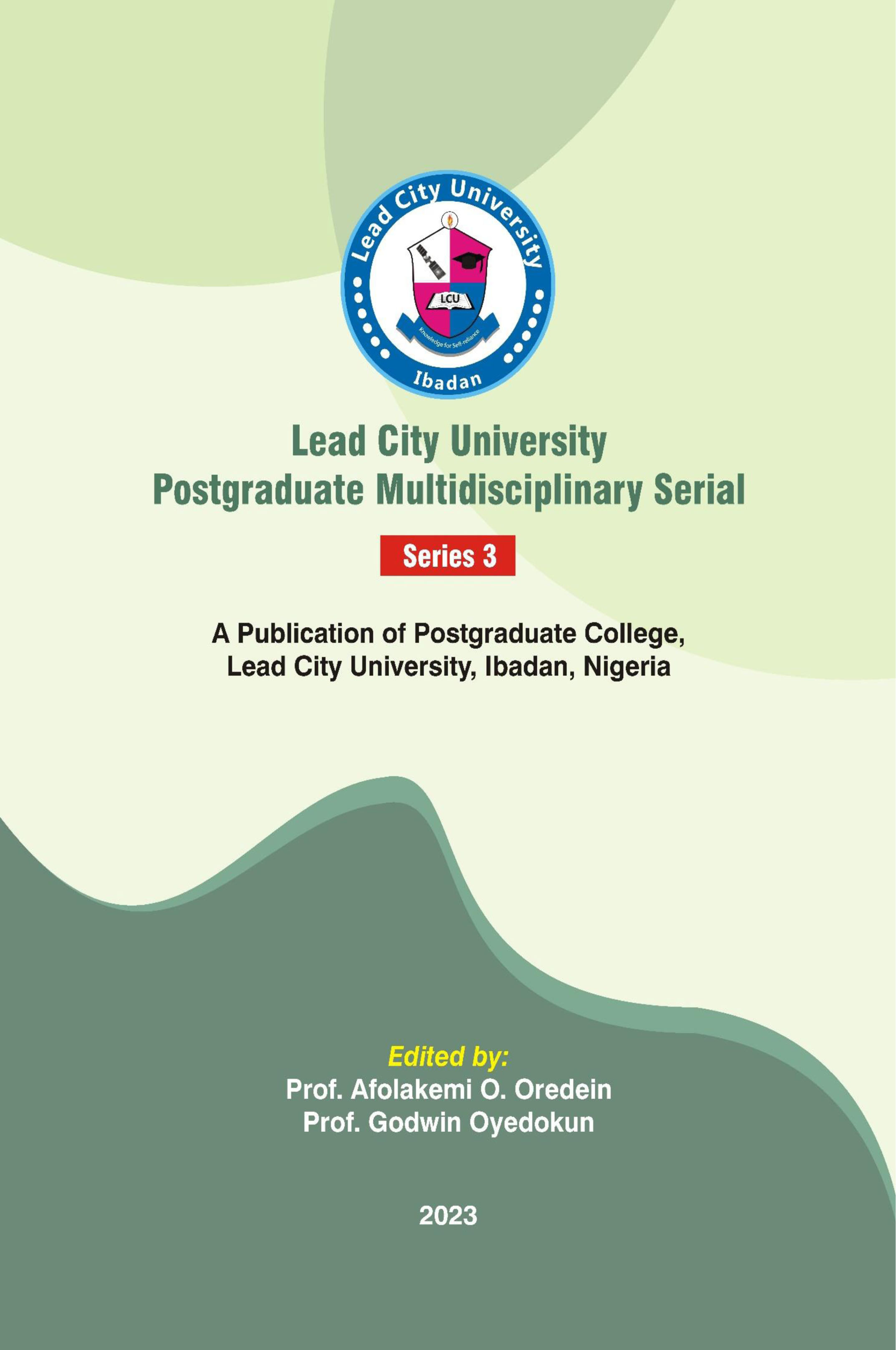Social Capital: A mechanism to buffer Stress for Sustainability of Mental Health
Keywords:
Social capital, Mechanism, Stress, Mental health, SustainabilityAbstract
The contemporary cosmopolitan society is fast-paced and self-absorbed. It is full of stress in
various forms; physical, environmental, socio economic and psychological. The World Health
Organization rightly declared that stress has become a worldwide epidemic that affects the
physiology of the body. In extreme cases, stress could lead to disability, anxiety disorders,
sexual dysfunction, depression and suicide. These complications of extreme stress have
profound consequence on mental health, an important component of the Sustainable
Development Goals. Hence, the need to address mechanisms for coping with stress. This
medico- social discourse, focuses on social capital as a mechanism to buffer stress for
sustainability of mental health. Social capital is conceptualized as the connections, networks
and relationships among people. The discourse is hinged on the social capital and social
network theories. It also elucidates the magnitude and impact of stress as well as social capital,
a non-pharmacological mechanism to buffer stress. The discourse utilizes WHO mental health
statistics (2023), Gallup Stress Statistics (2021/2022) and examines existing scholarly socio
scientific research papers. The paper reechoes the value of human relationships and the African
“Spirit of Ubuntu” in co-building a new eco social world that leaves no one behind. It
recommends the enhancement of social capital through initiatives that fortifies solidarity and
empathy. The paper elucidates Social Work as formal source of social capital. It also stresses
the need to be cautious in the establishment of relationships, as social capital could be
negatively utilized.

